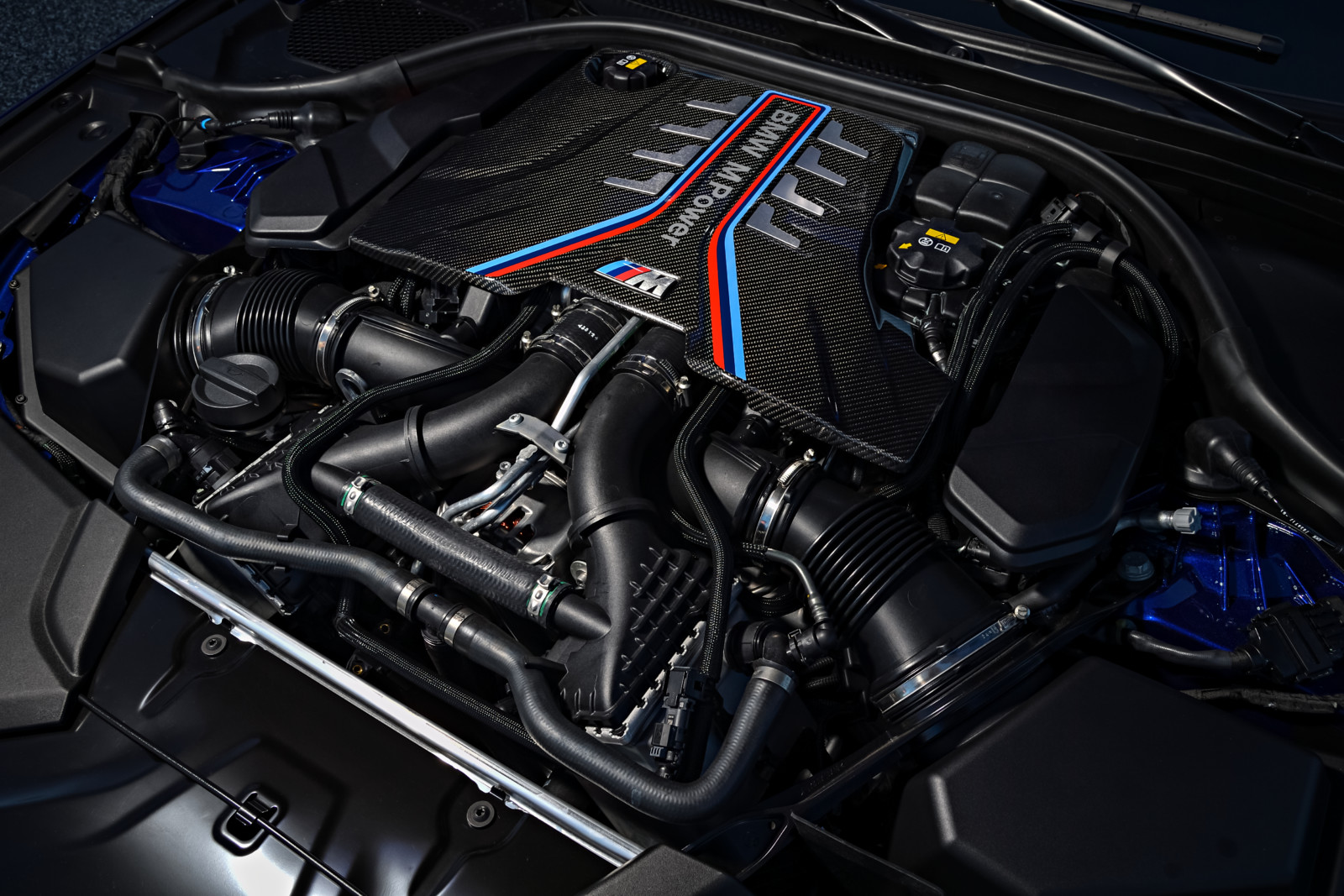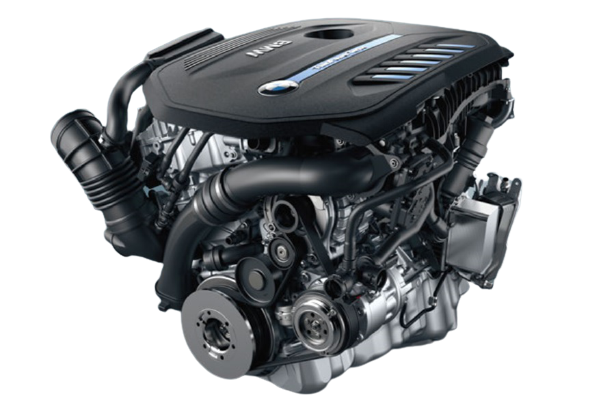The Development of the BMW Engine: A Look Back at Iconic Designs
The Development of the BMW Engine: A Look Back at Iconic Designs
Blog Article
Unveiling the Intricacies of Next-Generation Power Units: a Deep Study Advanced Engine Styles and Advancements
As we stand on the precipice of a new age in transportation, the details of next-generation engine designs bid us to check out the advanced modern technologies and developments that assure to redefine the driving experience. Digging much deeper into the realms of emission control, intelligent engine monitoring systems, and the horizon of power unit development, we discover ourselves on the cusp of a makeover that promises to improve the landscape of mobility as we understand it.
Evolution of Engine Materials

The shift in the direction of advanced engine materials has likewise made it possible for designers to design engines with higher power outcomes while preserving gas performance criteria. For instance, using lightweight materials decreases the general weight of the engine, causing enhanced gas economy and lower emissions. Additionally, advancements in materials technology have actually permitted for far better thermal monitoring within engines, causing boosted dependability and durability.
Turbocharging and Supercharging Technologies
Just How do Turbocharging and Supercharging Technologies change engine efficiency and efficiency in modern-day automobiles? Turbocharging and supercharging are technologies that dramatically improve engine performance by raising the amount of air intake into the burning chamber. Turbocharging accomplishes this by using a wind turbine driven by exhaust gases to pressurize the consumption air, while turbo charging uses a belt- or chain-driven compressor to attain the exact same effect.
These innovations enable smaller, a lot more fuel-efficient engines to produce power comparable to larger ones, referred to as downsizing. By compeling even more air into the cyndrical tubes, turbo charging and turbocharging enhance burning effectiveness, resulting in raised horsepower and torque result without a significant rise in engine size. This causes better acceleration, lugging capacity, and general driving performance.
Additionally, supercharging and turbocharging add to improved gas efficiency by enabling the usage of smaller sized engines that consume less fuel under regular driving problems - bmw engine. This combination of improved efficiency and performance has made turbocharging and supercharging integral elements of lots of modern-day engine layouts
Emission Control and Environmental Effect
With boosting international problems concerning air high quality and ecological sustainability, the execution of exhaust control technologies in cars plays a critical role in minimizing harmful pollutants released into the atmosphere. Modern vehicles are geared up with advanced discharge control systems that assist lessen the ecological effect of vehicle operations. Catalytic converters, have a peek at these guys as an example, are developed to convert hazardous gases such as carbon monoxide gas, nitrogen oxides, and hydrocarbons into less harmful substances like co2 and water vapor.
Furthermore, advancements in engine modern technology, such as the assimilation of exhaust gas recirculation systems and discerning catalytic decrease, have considerably added to reducing discharges. These technologies operate in tandem to maximize burning effectiveness and decrease the release of hazardous pollutants right into the air. Furthermore, the advancement of hybrid and electric cars represents a crucial action towards reducing the general environmental footprint of the transport industry.
Intelligent Engine Management Equipment

Moreover, these systems enable automobiles to meet rigorous discharges criteria without endangering performance, supplying a more eco-friendly driving experience. The integration of expert system and equipment understanding abilities in engine monitoring systems proceeds to push the limits of what is feasible, resulting in further renovations in performance, dependability, and overall vehicle performance. bmw engine. As automotive modern technology advances, smart engine administration systems will certainly play a vital function in forming the future of transportation towards a much more reliable and sustainable direction
Future Trends in Power System Growth
As intelligent engine administration systems lead the way for improved control and optimization in modern-day lorries, future trends in power unit advancement are poised to redefine the landscape of auto propulsion modern technologies. Among the vital trends driving development in power system growth is the shift in the direction of electrification. With a raising concentrate on sustainability and reducing carbon emissions, hybrid and electrical powertrains are coming to be more prevalent in the automotive industry. These alternative power sources provide boosted performance and efficiency while straightening with click for source rigid ecological guidelines.
An additional substantial pattern is the integration of sophisticated products and producing techniques. Light-weight products such as carbon fiber and aluminum are being utilized to decrease overall car weight, enhancing gas effectiveness and performance. In addition, innovations in 3D printing and additive production are making it possible for the production of intricate engine elements with higher accuracy and durability.
Additionally, artificial knowledge and artificial intelligence are playing a critical function in optimizing power unit efficiency. These innovations enable real-time tracking and adaptive control, causing more effective and trusted power distribution. In general, future patterns in power unit advancement are tailored towards sustainability, efficiency, and performance, driving the automotive market in the direction of a brand-new period of propulsion modern technologies.

Verdict
In conclusion, the advancements in engine materials, turbocharging, discharge control, and informative post intelligent administration systems have actually led the way for next-generation power systems. These innovations have not only better performance and performance but likewise lowered environmental influence. As technology proceeds to develop, future trends in power device growth are most likely to concentrate on additional enhancing sustainability and enhancing power result. The complex layouts and developments in contemporary engines display the ongoing development of vehicle technology.
Discovering the dynamic advancements in engine materials has been pivotal in enhancing the performance and effectiveness of contemporary engines. Over the years, the development of engine materials has actually played a critical role in pushing the boundaries of what engines can achieve.The shift towards progressed engine products has actually additionally made it possible for designers to make engines with greater power results while keeping fuel efficiency standards.The implementation of intelligent engine monitoring systems in modern-day lorries has transformed the way engines are controlled and optimized for efficiency and effectiveness. By gathering data in real-time and examining it with advanced algorithms, intelligent engine management systems can adjust to driving designs, environmental variables, and engine wellness to take full advantage of power output while minimizing gas usage and discharges.
Report this page